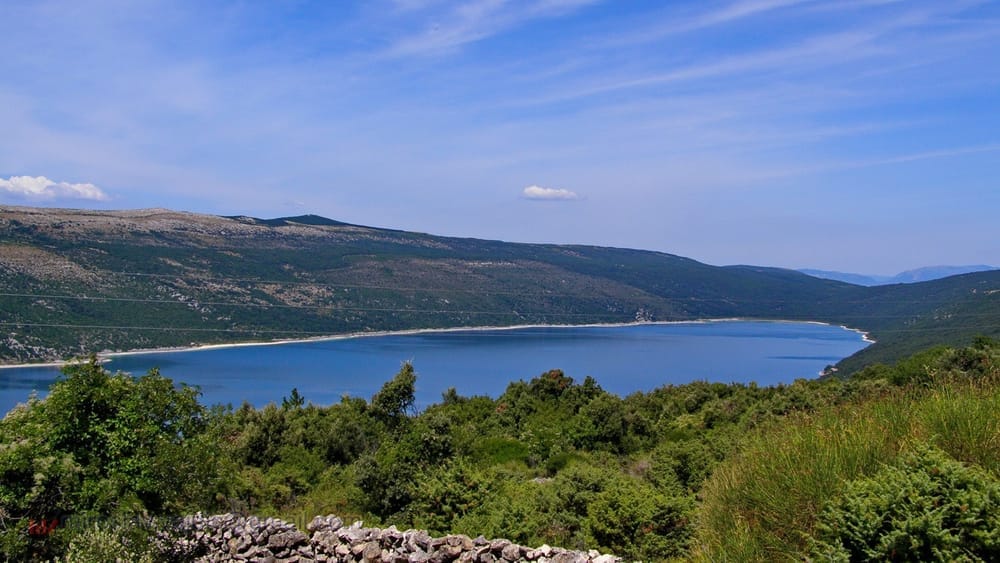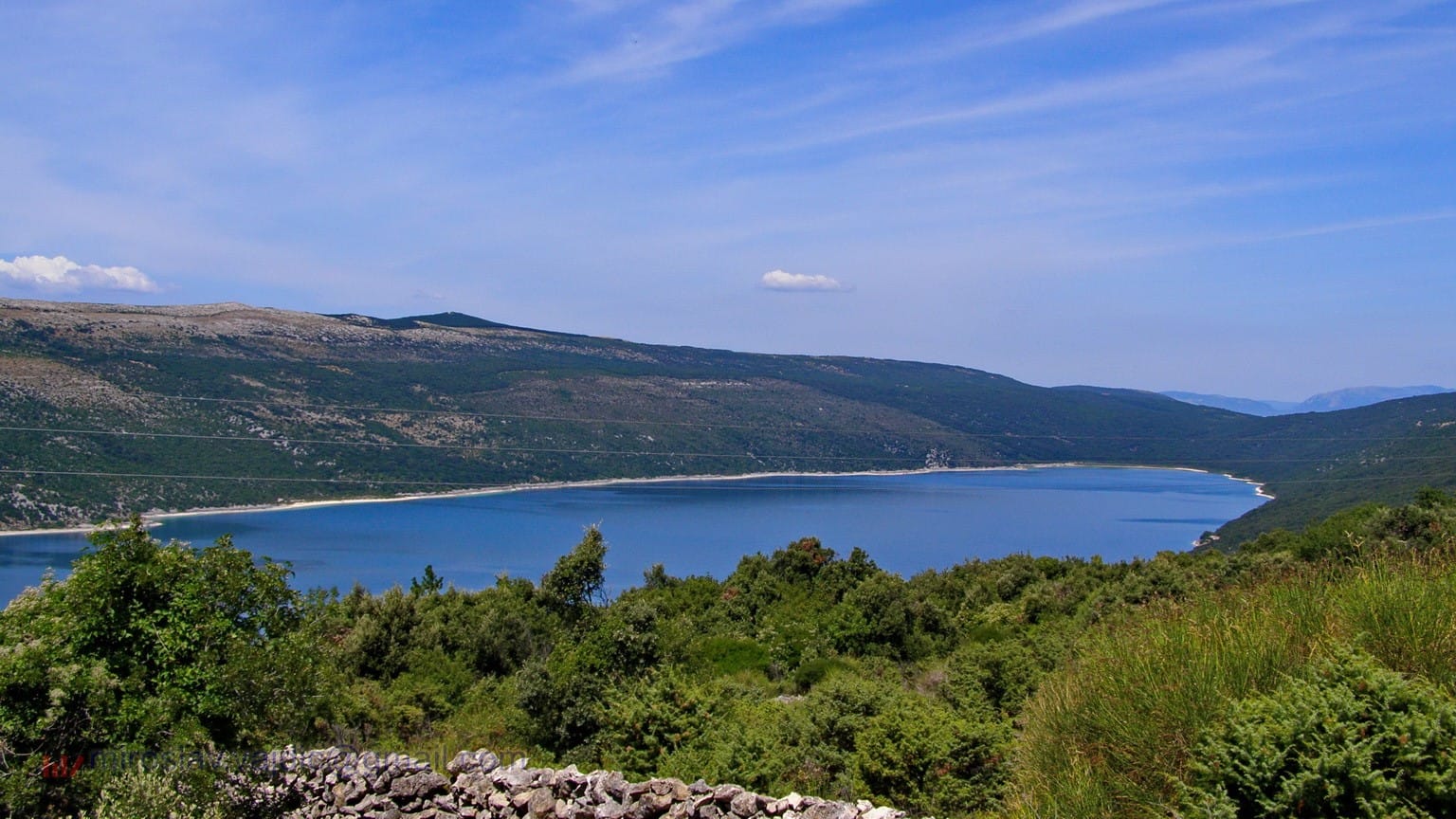
The hidden influence of viruses on climate change
We know that climate change can impact the spread of viruses and disease. But, have we thought enough about how viruses can impact climate change? How? Through methane production. And we all know that methane is a powerful GHG.
We know that climate change can impact the spread of viruses and disease. But, have we thought enough about how viruses can impact climate change? How? Through methane production. And we all know that methane is a powerful GHG.
It is another example of the delicate balance between interconnected systems. Things can be multidirectional so as well as thinking about 'the system' it is important for sustainability professionals to be thinking about the interplay 'between systems'.
We already know climate impacts infectious diseases
We have written previously on the impact of climate change on infectious diseases. Back in September 2022 we highlighted how native cases of dengue had been found in several French regions including Provence-Alpes-Cote d'Azur and Occitanie. There were hundreds of cases of West Nile Virus in Europe too. The important word is 'native' - these cases resulted from people being bitten by mosquitos where they lived. They didn't bring it home from their holidays, which is what used to happen.
Climate change is making places like Southern Europe and increasingly Northern Europe more habitable for mosquitos and other vectors (i.e. things that can transmit disease)
So climate change can impact disease.
However, does this work in reverse? Can viruses impact climate change?
Something that caught our eye this week is some research that was actually published in February 2024 by researchers from the Byrd Polar and Climate Research Centre at Ohio State University. It's about how much methane is actually produced by microbial activity.
We know that methane is a potent greenhouse gas and one that accounts for approximately 20% of global emissions. It is more potent than CO2 at trapping heat, the quantum of which depends on the time horizon that one is looking at. Over a 100 year period (the Paris rulebook timeframe) methane is 29x more potent; over a 20 year time period it is 82x more potent given the shorter lifespan of methane in the atmosphere. So, reducing methane emissions is a big deal.
When it comes to anthropogenic (i.e. human-caused) methane production, around 30% is thanks to microbial activity, with the vast majority stemming from ruminant livestock like cows and sheep.
So if we want to get a grip on curbing those microbially-driven methane emissions that contribute to climate change, we really need to understand how microbes and the viruses that infect them impact methane metabolism across different habitats and environments.
Gaining that understanding is crucial for informing efforts to mitigate the climate-warming methane pumped out by these microbial processes. The study led by ZhiPing Zhong aimed to do that.
Their starting point was nearly 1,000 publicly available metagenomes (a collection of genomes or genetic makeup from a particular area) from 15 different environments including marine water, wetland sediment and permafrost. They also collected their own samples creating an additional 11 metagenomes using lake sediment from Vrana Lake which is Croatia's largest freshwater lake.

They found that microbial viruses have special genetic elements that control methane processes, called auxiliary metabolic genes (AMGs). Given differences across the datasets and samples, the suggestion is that a viruses’ potential impact on the environment also varies based on their habitat.
This discovery adds a vital piece to better understanding how methane interacts and moves within different ecosystems but clearly more work to do.
This article featured in What Caught Our Eye, a weekly email featuring stories we found particularly interesting during the week and why. We also give our lateral thought on each one. What Caught our Eye is available to read in full by members.
If you are not a member yet, you can read What Caught Our Eye when it comes out direct in your email inbox plus all of our blogs in full...

Click this link to register 👉🏾 https://www.thesustainableinvestor.org.uk/register/

Please read: important legal stuff.

